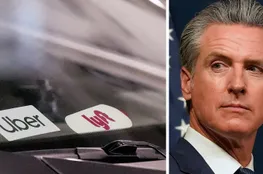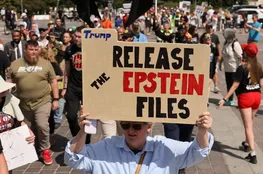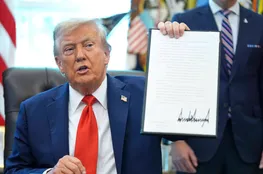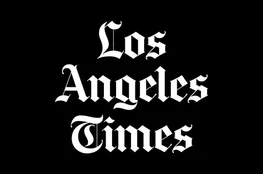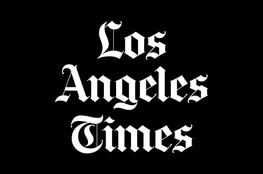In 2019, Vice President Kamala Harris told CNN's Jake Tapper that social media companies “are directly speaking to millions and millions of people without any level of oversight or regulation and it has to stop.” This statement aligns with the worldview that social media needs stringent oversight, a stance often justified by the threat of disinformation. Historically, every authoritarian regime has used this rationale to censor its citizens. However, social media platforms do not “directly speak” to individuals; rather, millions of people are engaging in direct communication with one another. This phenomenon appears to disturb certain factions on the modern left, who view these unsupervised conversations as problematic. Take, for instance, the Brazilian Supreme Court's decision to shut down Elon Musk’s platform X over so-called “misinformation” concerns. This move was unanimously upheld by a panel of justices, reflecting a disturbing trend.
Given that the Democratic Party's presidential nominee, Harris, has shown an inclination towards stringent control—once even suggesting an executive order to ban guns—it is not far-fetched to assume she might support such censorship. The Brazilian court's decision has been criticized as undermining free speech, a view strongly pushed by Musk and his supporters. Brazilian President Luiz Inacio Lula da Silva argued that wealth doesn’t grant the right to disrespect his country, citing Brazil's constitutional protections of free expression, which prohibit censorship of political, ideological, and artistic nature. This is outlined explicitly in Chapter V, Article 220 of the Brazilian constitution.
Interestingly, Musk's actions support a neutral stance on free speech. Despite his platform being banned in Brazil, far-left President Lula still maintains his account on X with 9 million followers. In Europe, constitutions purportedly protect free expression, but broad exceptions like “national security,” “territorial disorder,” and “health” allow for significant restrictions. Such exceptions have led to instances where authorities in the UK and Germany imprisoned individuals for offensive online posts, demonstrating the fragile nature of free speech protections even in democratic societies.
The United States is not immune to these trends. Meta CEO Mark Zuckerberg revealed that senior Biden administration officials continuously pressured Facebook to censor COVID-19 content, even humor and satire, during the pandemic. While Zuckerberg has vowed not to succumb to such pressures again, skepticism remains. Tech companies do hold the right to manage their platforms as they see fit, a principle celebrated by left-wing advocates before Musk's acquisition of Twitter, now X. They often stated, “If you don’t like it, build your own Twitter.” However, the narrative changes when corporations, many of which spend significant amounts each year lobbying in Washington, start taking directives from government officials on what constitutes permissible speech.
If presidential candidates genuinely cared about democracy, they would advocate for anti-cronyism laws to prevent government interference in private entities' speech policies. Unfortunately, the current climate suggests that many Americans no longer see free expression as a fundamental liberal virtue to defend, with the Democratic presidential ticket seemingly leading this charge. David Harsanyi is a senior editor at The Federalist.


